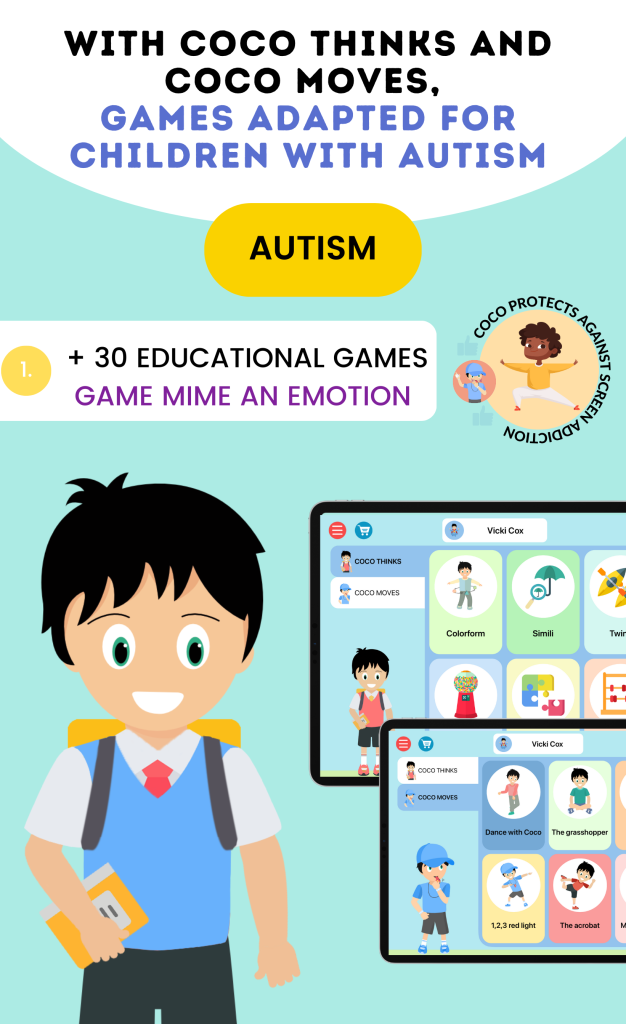Structured play activities are essential for fostering a child's development in a controlled yet enjoyable environment. These activities are designed with specific goals in mind, allowing children to engage in play that promotes learning and skill acquisition. For instance, organized games such as tag or relay races not only provide physical exercise but also teach children about teamwork, following rules, and taking turns.By participating in these activities, children learn to navigate social dynamics and develop a sense of fair play, which is crucial for their overall social development. Moreover, structured play can be tailored to meet the developmental needs of children at various stages. For younger children, activities like building blocks or simple puzzles can enhance fine motor skills and cognitive abilities.As children grow older, more complex games that require strategy and critical thinking can be introduced. This progression ensures that children remain engaged and challenged, fostering a love for learning through play. Ultimately, structured play activities serve as a foundation for lifelong skills, encouraging creativity, problem-solving, and social interaction.
Social Skills Development Activities
Social skills development activities are vital for helping children learn how to interact effectively with others. These activities often involve group settings where children can practice sharing, cooperation, and conflict resolution. For example, role-playing scenarios can be an effective way to teach children how to navigate various social situations, such as introducing themselves or resolving disagreements with peers.Through these exercises, children gain confidence in their ability to communicate and connect with others, which is essential for building lasting relationships. In addition to role-playing, cooperative games that require teamwork can significantly enhance social skills. Activities like group art projects or team sports encourage children to work together towards a common goal.These experiences not only teach the importance of collaboration but also help children understand the value of empathy and respect for others' perspectives. As they engage in these social skills development activities, children learn to appreciate diversity and develop a sense of belonging within their peer groups.Communication Building Activities

Sensory Integration Activities
Sensory integration activities play a crucial role in helping children process and respond to sensory information from their environment. These activities are particularly beneficial for children who may have sensory processing challenges, as they provide opportunities for exploration and engagement through various senses. For example, activities like finger painting or playing with textured materials can stimulate tactile senses while promoting creativity.Such experiences allow children to explore different textures and sensations, enhancing their sensory awareness. In addition to tactile experiences, auditory and visual sensory integration activities are equally important. Listening games that involve identifying sounds or following auditory instructions can improve auditory processing skills.Similarly, visual activities such as scavenger hunts or color sorting can enhance visual discrimination abilities. By incorporating a variety of sensory integration activities into their routines, children can develop a better understanding of their sensory preferences and learn how to manage sensory overload effectively.◆ ◆ ◆
Emotional Regulation Activities
Emotional regulation is a critical skill that enables children to manage their feelings and respond appropriately to various situations. Engaging in emotional regulation activities can help children identify their emotions and develop coping strategies for dealing with challenging feelings. For instance, mindfulness exercises such as deep breathing or guided imagery can teach children how to calm themselves when they feel overwhelmed.These practices encourage self-awareness and promote emotional resilience. Another effective approach is using emotion cards or charts that depict different feelings. Children can use these tools to express how they feel in various situations, facilitating discussions about emotions with caregivers or peers.By recognizing and labeling their emotions, children learn that it is okay to feel a range of feelings and that there are constructive ways to cope with them. Through consistent engagement in emotional regulation activities, children build a strong foundation for emotional intelligence that will serve them well throughout their lives.Academic Skill Development Activities

Task-based Activities
Task-based activities are practical exercises that help children develop essential life skills through hands-on experiences. These activities often involve completing specific tasks that require planning, organization, and execution. For instance, cooking simple recipes together can teach children about measurements, following instructions, and the importance of teamwork in the kitchen.Such experiences not only enhance practical skills but also foster a sense of accomplishment when tasks are completed successfully. Moreover, task-based activities can extend beyond the kitchen to include household chores or gardening projects. Assigning age-appropriate tasks such as sorting laundry or planting seeds allows children to take responsibility while learning valuable skills related to organization and time management.As they engage in these activities, children gain confidence in their abilities and develop a sense of independence that will serve them well as they grow older.◆ ◆ ◆

